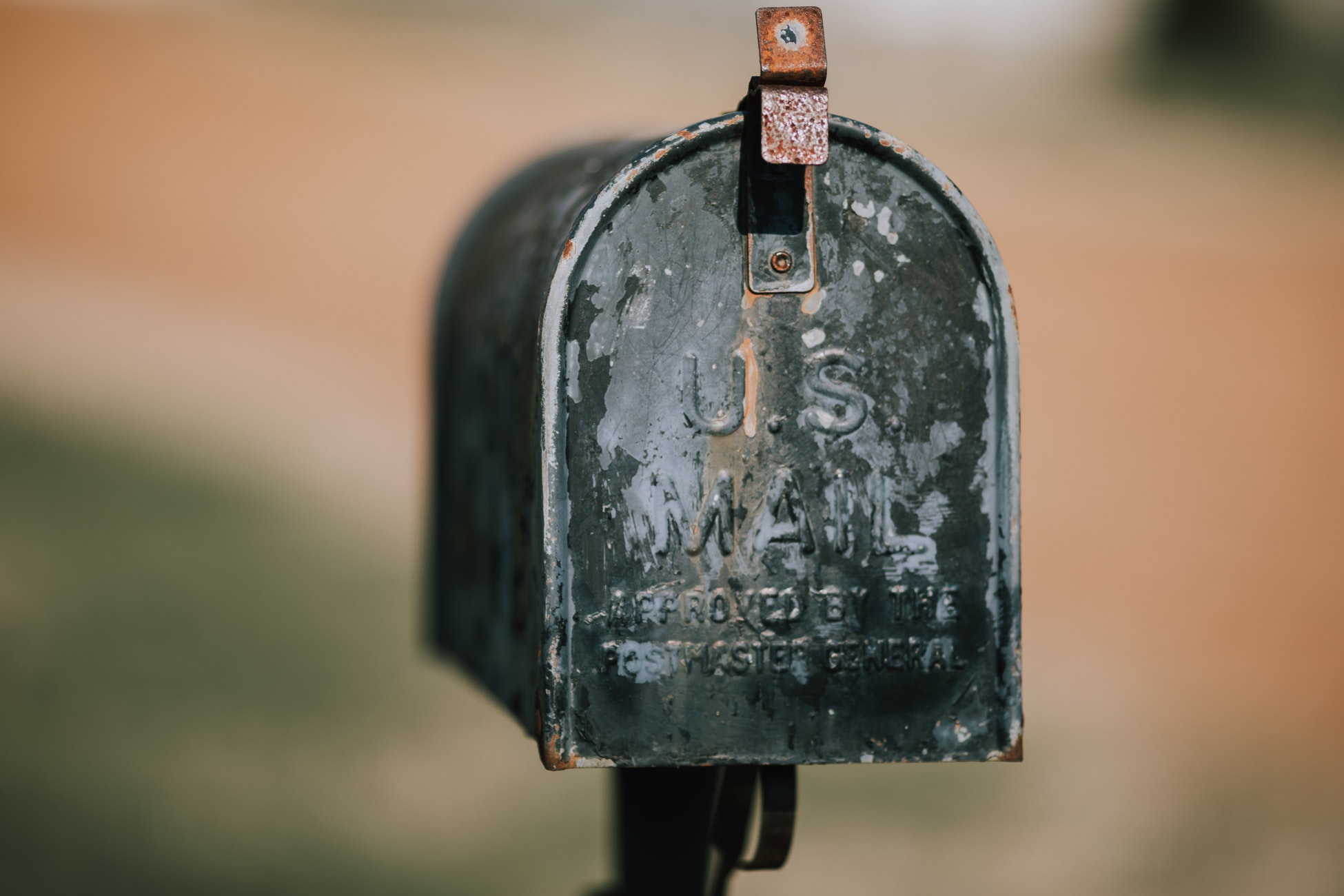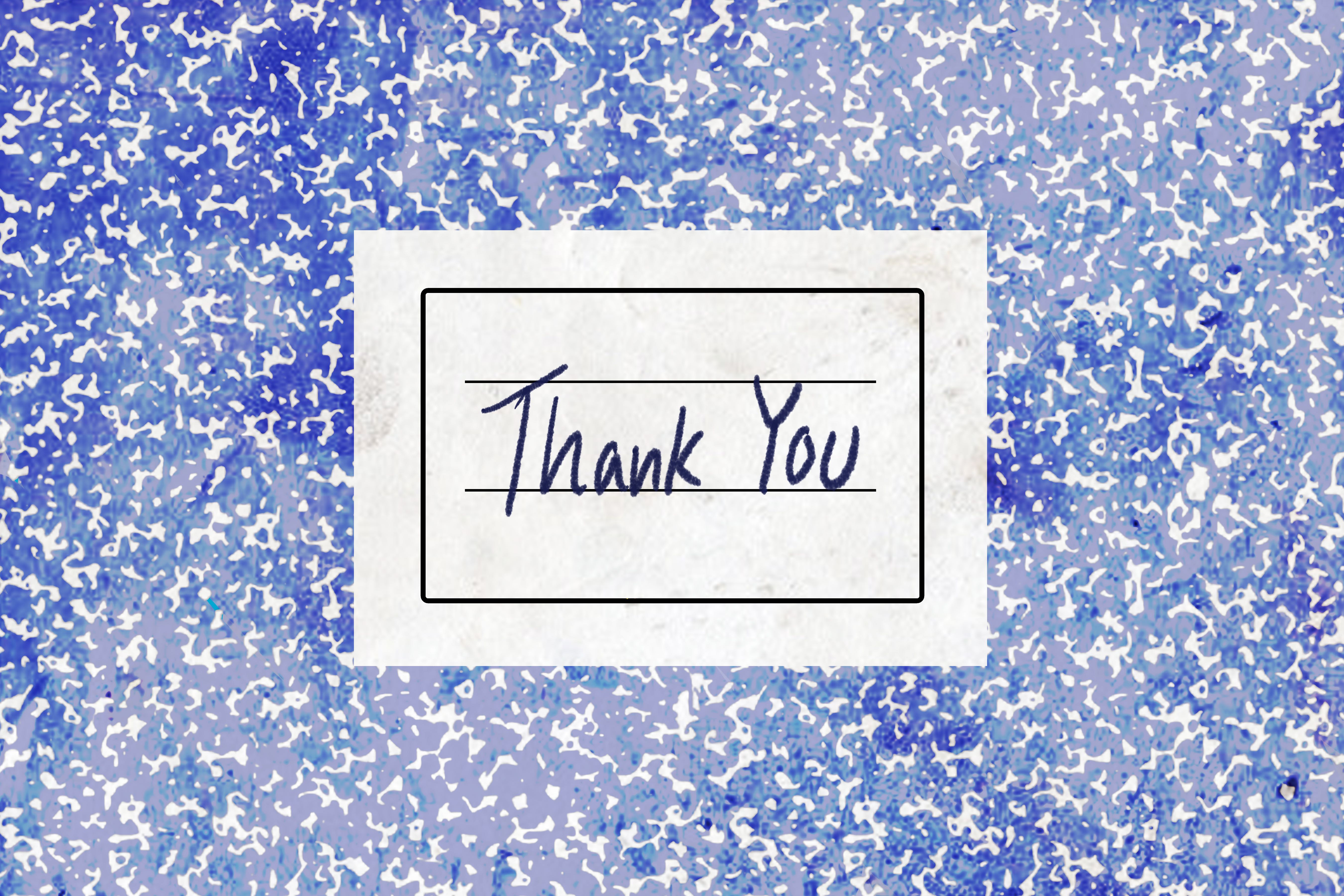According to the National Institute of Mental Health, approximately one in five U.S. adults has a mental illness. It’s likely that most people have either struggled with a mental illness or know someone who has. Because of the severity of these disorders, around 800,000 people die by suicide globally each year, which makes mental illness an essential subject to openly discuss.
I am among the many who have battled depression, anxiety, self-harm and suicidal thoughts, the worst of it during high school. At first, I didn’t express my troubles to family or friends, but I occasionally posted to social media, blocking family from seeing my concerning posts.
As my posts expressed my loneliness and negative thoughts, I received messages from many people, most of whom I rarely or never talked to. Most of the people were reaching out to tell me that they were there for me if I ever needed someone to talk to and to reassure me that I was not alone.
I ended up talking to some of those people many times because I felt that they might be able to help me the best, and some of them did. A few stopped me from killing myself and one persuaded me to stop self-harm.
I had recently been thinking about those people and all that they’ve done for me, so around June of this year, I decided I’d write to everyone who helped me while I was struggling with depression. I knew I said thank you to everyone who helped in the past. But, I wanted my thank you to be more formal, and besides meeting in person to show my gratitude, what’s more formal than a letter?

It had been a few years since I had struggled severely, but it was better late than never, so I set out to write eighty letters thanking those who showed their concern. I started a list of people, leaving no one out, which is why the number grew to eighty; I couldn’t skip those who only messaged me once because that simple message had helped me as well.
The goal was to get everyone to understand that no matter how big or small the action might be, those struggling with depression and anxiety will be grateful to know someone cares.
While I was making my list, I searched through old texts and Facebook messages to be sure I didn’t miss anyone. I couldn’t believe how many people reached out to me, and to be honest, I actually forgot that certain people did. It’s quite amazing to look back at old messages and see how kind people can be.
Once I finished my list, I used Whitepages to gather addresses, which was a bit tough because many people were traveling over the summer or didn’t live at home anymore.
Regardless, I decided mailing them to their parents’ homes would get to them either way, at least I hoped. I couldn’t find some addresses even after a lot of digging, which led me to send their letters over Facebook message. Doing so defeated the purpose but had been the only option left.
Of course, the part that took the longest during this project was writing the letters. I put names in order of who I wanted to send letters to first and began writing theirs. I made the letters as specific as possible, showing my gratefulness as best I could. I needed each recipient to understand the effect they had on me, so they would know the impact they can have on others dealing with similar issues if they chose to reach out to them too.
I continued writing letters for about a month and sent bunches out each week. Slowly, I started seeing the effect my thank you had on everyone as I received texts and messages from them. Not everyone has responded but all who did have told me how glad they were to know I was doing better. Some were surprised that they had actually helped me because at the time, it didn’t seem like anything they said had helped.
This alone is one reason why I needed to write the letters; some people didn’t think they helped by simply sending one message. They needed to know that it did help me, and it can help others who are currently struggling with depression too.
The reactions I received from everyone were incredible and have made me realize how many great people there are in the world, especially because some of those who responded let me know that if I still ever needed to talk, they’d be there. I even reconnected with people I never thought I’d talk to again. It’s crazy how far some people will go to help others; I’ve seen it, and I hope all those who have helped me will reach out to more people too.
Once I dove deep into the project, I realized how these letters didn’t just show my appreciation. They showed the recipients the impact they had on me, and hopefully encouraged them to reach out to others as well.
I know people say that those who are struggling should speak up and get help, but I know that it’s not the easiest thing to do, especially when you don’t think you really need help. This project aimed to show people that you yourself can reach out to someone you see in need of support; the person struggling is not always responsible.
After sending out the letters, I created a YouTube video called Mental Health: 80 Letters to show everyone the process of this project, how so many people helped me and what others can do for those dealing with mental illness. I shared at least one line from each letter in the video to show the actions people took to help me, and I hope it can give people ideas on what to say and do if they have a chance to help someone else.
Simply saying, “I’m here if you need to talk” can save a life. Don’t pass up any chance to reach out to someone dealing with a mental illness. You can be someone’s hero.

















